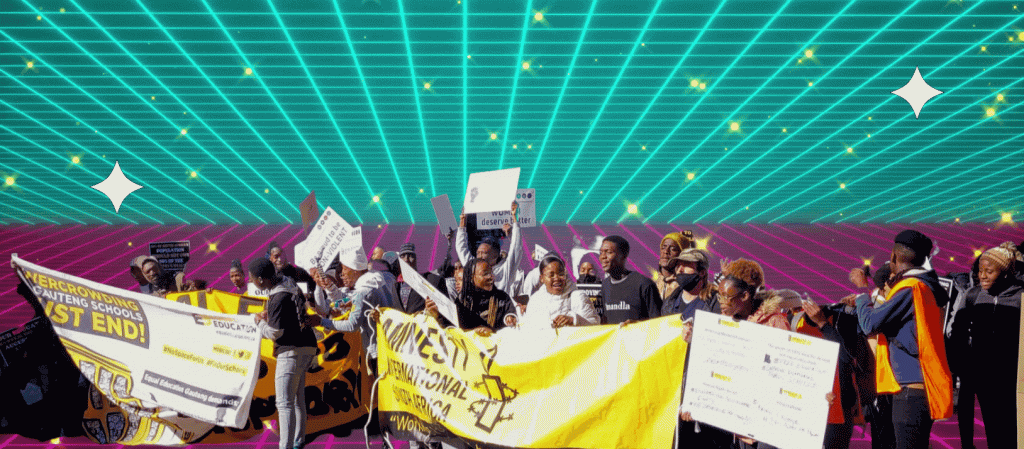If the government wants to avoid another uprising like 1976, it needs to pay attention to the needs of the youth who are feeling unheard, desperate and despondent, Amnesty International South Africa said as the country commemorates Youth Day.
“The hope of a bright and prosperous future that was created after the 1994 elections is all but gone, as the youth face the harsh reality of low quality education and high youth unemployment,” Amnesty International South Africa Executive Director Shenilla Mohamed said.
“The youth cannot continue to be punished for the government’s failures.”
The recent finding that over 80% of Grade 4 learners in South Africa cannot read for meaning illustrates that the government continues to fail to respect, protect, promote and fulfil the right to basic education for all.
The latest unemployment statistics, published last month, showed that 36.1% of 15 to 24 year olds are not in employment, education or training. The report also shows that the higher the level of education, the lower the chance of unemployment. If the government wants young people to participate in the economy – to contribute to the future of the country – it needs to ensure that every child, no matter their background, is given a quality basic education, and a chance at the opportunities an education can bring.
The government needs to put human rights at the heart of its policies and plans. This is about the future of South Africa.
“It has been 47 years since the youth stood up against a system designed to deny them quality education, and yet many of them still face the issue of an unequal education system, which is still plagued by the legacy of apartheid. In recent years this inequality has been further exacerbated by the Covid-19 pandemic and loadshedding,” Mohamed said.
“The government needs a wake-up call. South Africa’s education system continues to be broken and unequal, risking snuffing out the potential bright futures of children across the country.”
Background
Youth Day in South Africa is celebrated on 16 June, to commemorate the historic 1976 Soweto uprising, which saw thousands of black students take to the streets in protest against the apartheid government’s Bantu education system with many of them being killed and injured by the regime.
In 2020, Amnesty International South Africa released a report titled the Broken and Unequal: The State of Education In South Africa which examines access to quality education for children in South Africa’s school system with a particular focus on the provinces of Gauteng, Eastern Cape and Limpopo. The report details some of the key challenges that are hindering the ability of South Africa to comply with its right to education obligations under both its own Constitution and international and regional human rights law.
For more information or to request an interview, please contact:
Genevieve Quintal, Media and Communications Officer , Amnesty International South Africa: +27 (0) 64 890 9224; genevieve.quintal@amnesty.org.za
Public Document
****************************************
Amnesty International South Africa office, 97 Oxford Road, Saxonwold, Johannesburg, 2196


